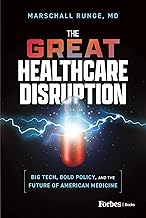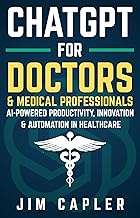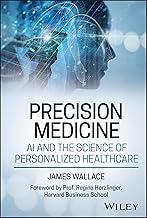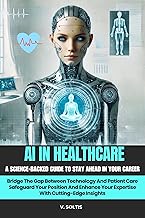As artificial intelligence continues to advance in the healthcare sector globally, a pressing question emerges: Should the integration of AI in healthcare be halted until the decisions made by AI systems can be thoroughly explained? This debate has captivated not only scientists but also governments, medical professionals, and the wider public.
Renowned AI and healthcare expert Ricard Gavaldà believes that rather than halting progress, a cautious approach should be adopted. With over two decades of experience in machine learning, Gavaldà emphasizes that while AI has immense potential in healthcare, the reliability of AI systems in decision-making is not yet foolproof. He argues that the key lies in utilizing AI as a tool to enhance human capabilities, rather than viewing it as a standalone solution.
While concerns over the lack of explainability in AI decisions persist, Gavaldà asserts that the fear should not impede the advancement of AI in healthcare. He advocates for a pragmatic strategy, suggesting that AI implementation should commence in areas where the potential risks are lower, such as in management tasks that are crucial for hospital operations but less directly impacting patient care.
Although the focus on operational enhancements may seem modest, Gavaldà underscores the significant strides AI has already made in areas like image-based diagnostics and precision medicine. Despite these successes, he acknowledges the need for further research and infrastructure development to ensure sustainable scalability.
When discussing the obstacles hindering widespread AI adoption in healthcare, Gavaldà highlights data fragmentation, legal ambiguities, and slow legislative processes as major challenges. The fragmented nature of healthcare data, coupled with uncertainties around legal implications and liability, poses significant barriers to AI utilization in clinical settings.
Ethically, Gavaldà emphasizes the importance of data privacy and equitable access to AI-driven healthcare solutions. He argues that while privacy rights are crucial, there must be a balance between individual privacy and the collective benefits derived from AI-enabled research and treatment advancements.
Despite concerns about AI potentially superseding human decision-making, Gavaldà remains optimistic about the collaborative future of AI and healthcare. He envisions a symbiotic relationship where AI augments human capabilities rather than replacing them entirely, emphasizing the need for transparent governance and ethical oversight.
In conclusion, Gavaldà asserts that the ultimate goal is not to pit humans against machines but to leverage AI as a tool for collective improvement. He envisions a future where AI and human expertise complement each other, creating a more efficient and effective healthcare ecosystem.
📰 Related Articles
- Tax Expert Urges Superannuation Reforms for Fairer Retirement System
- Sam Altman Urges New AI Hardware for Enhanced Capabilities
- SEO Expert Launches AEO Knowledge Base for AI Search Success
- SEO Expert Greg Boser Debunks AI Search Myths
- Reebok Launches Smart Eyewear Line with AI Integration for Active Lifestyles






